About Udaipur
Historic capital of the kingdom of Mewar
Opening Times
Monday - Sunday: 7:30 AM - 11:00 PM
Our Location
Rooftop of Boheda Palace, Kalaji Goraji, near Lake Palace Road Udaipur
Know About Udaipur
Often referred to as the ‘Venice of the East’, the city of lakes Udaipur is located around azure water lakes and is hemmed in by lush green hills of Aravallis. The famous Lake Palace, located in the middle of Lake Pichola is one of the most beautiful sights of Udaipur. It is also home to Jaisamand Lake, claimed to be the second largest man-made sweet water lake in Asia. Solar observatory in Lake Fateh Sagar is the only observatory in India located on an island and has been made on the pattern of Big Bear Lake in Southern California.
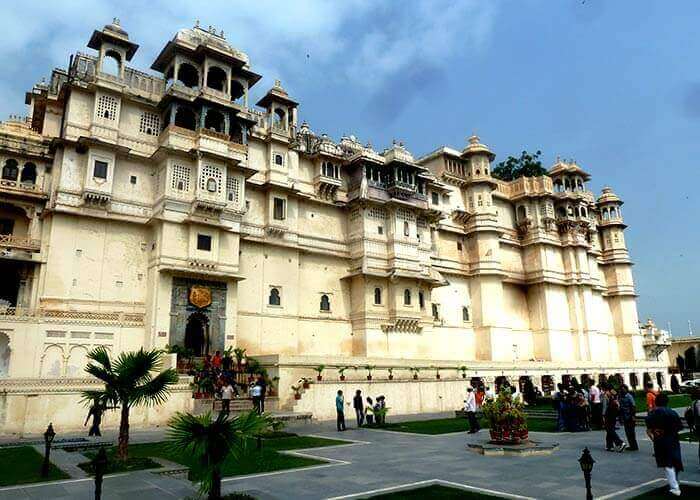
City Palace
View Details
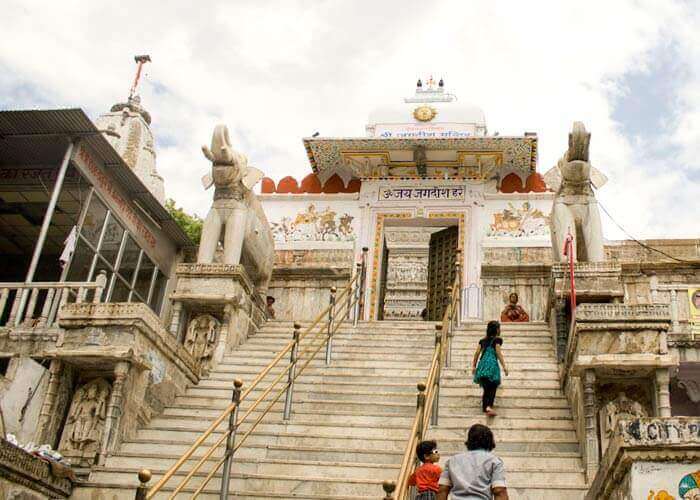
Jagdish Temple
View Details
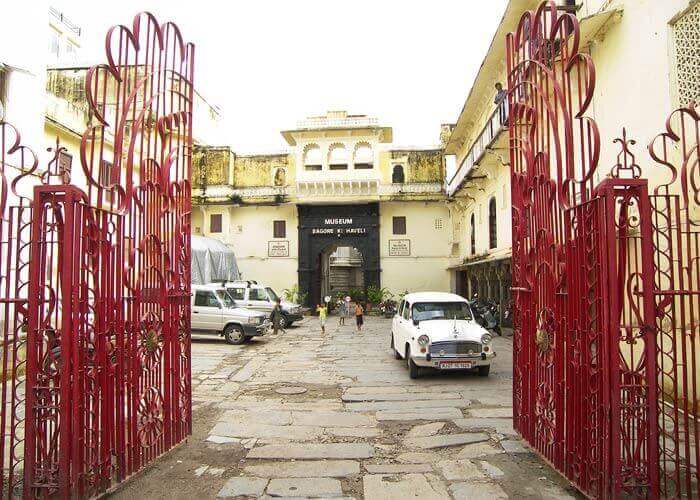
Bagore Ki Haveli
View Details
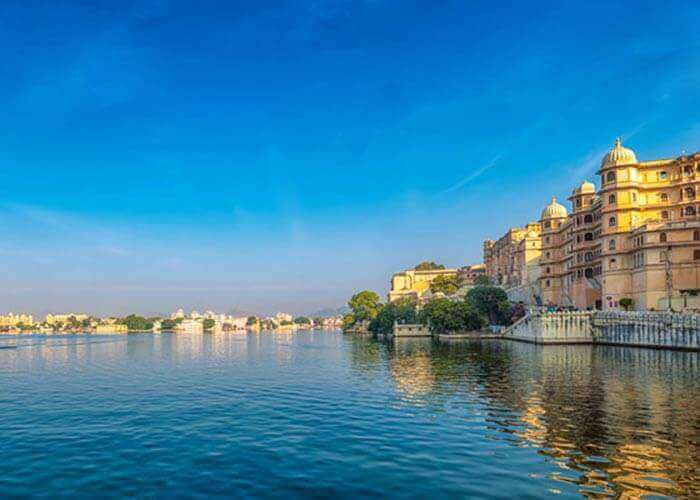
Pichola Lake
View Details
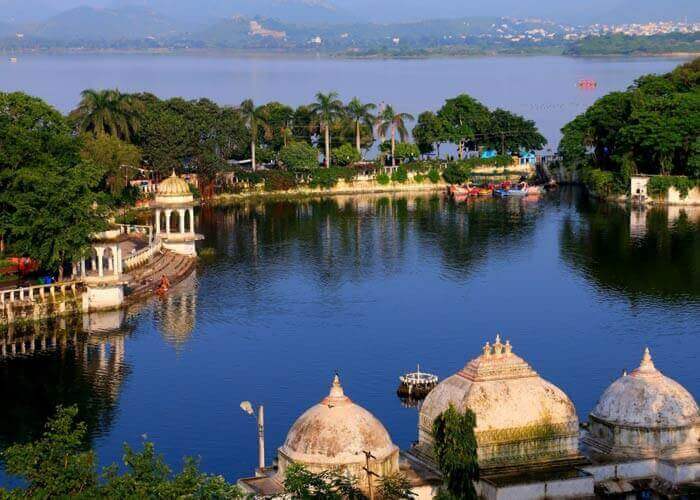
Doodh Talai (Ropeway)
View Details
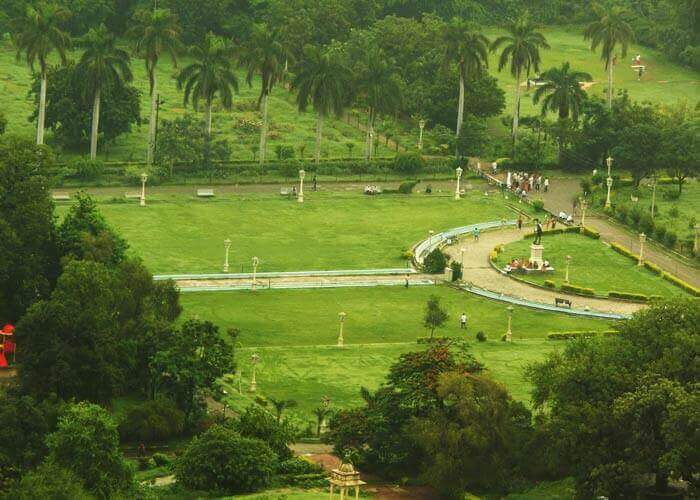
Gulab Bagh
View Details
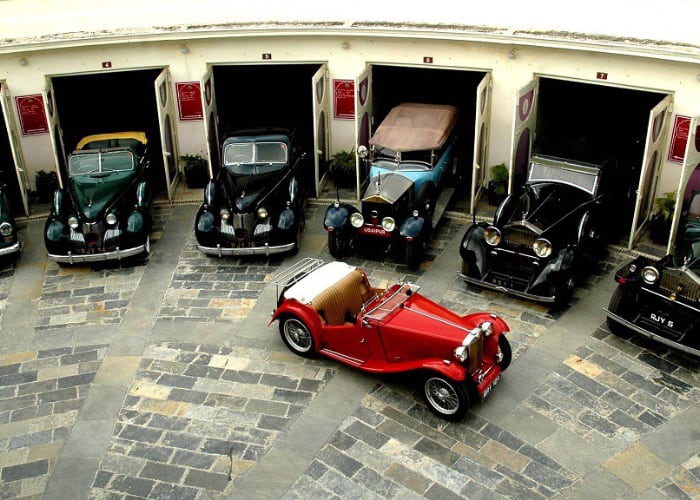
Vintage Car Collection
View Details
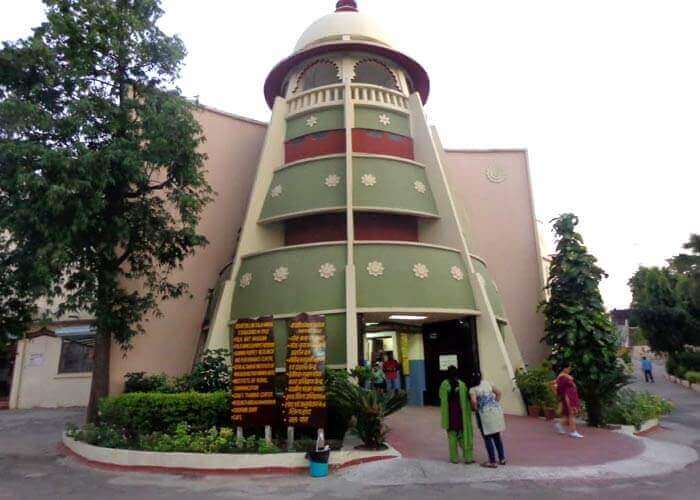
Lok Kala Mandal
View Details
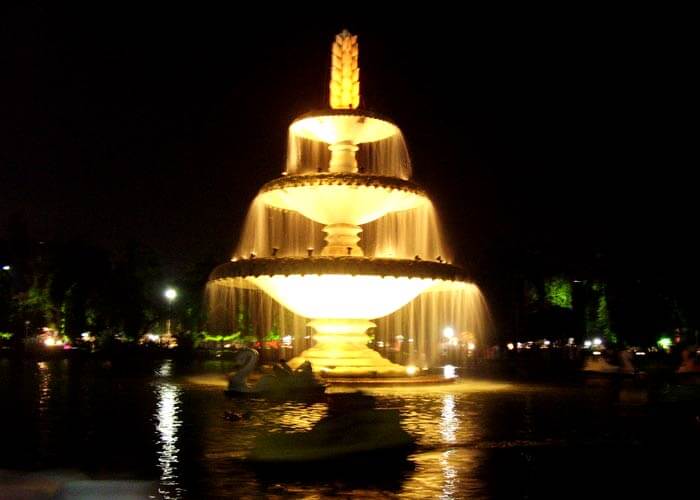
Sukhadia Circle
View Details
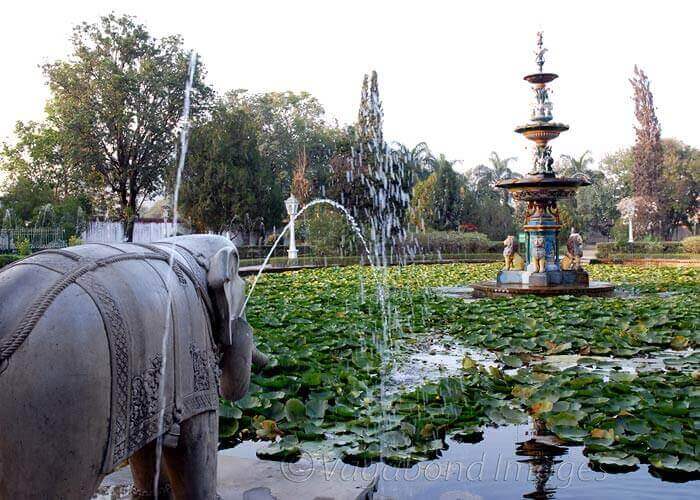
Saheliyon Ki Bari
View Details
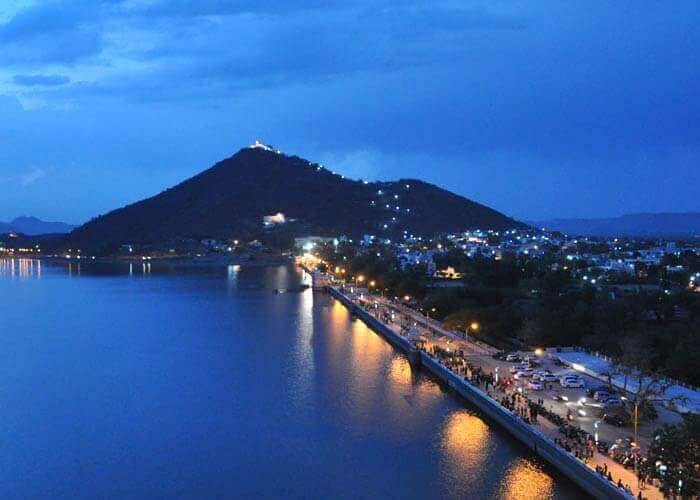
Fatehsagar Lake
View Details
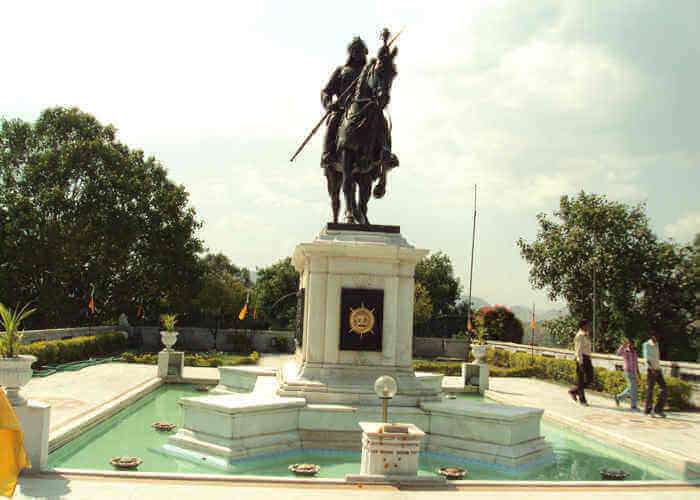
Pratap Smarak
View Details
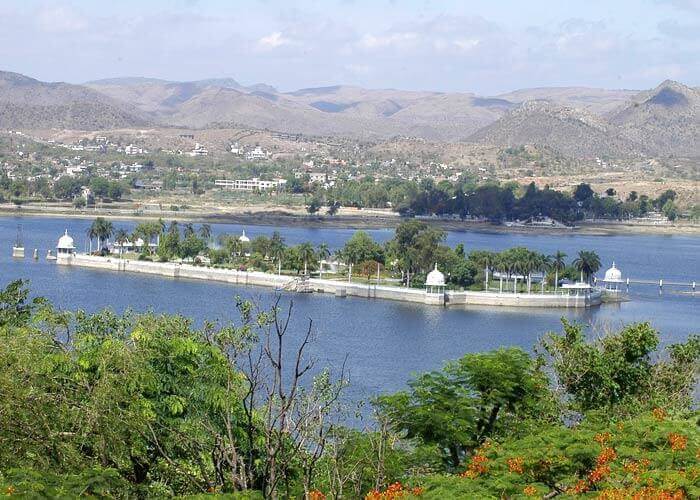
Nehru Garden
View Details
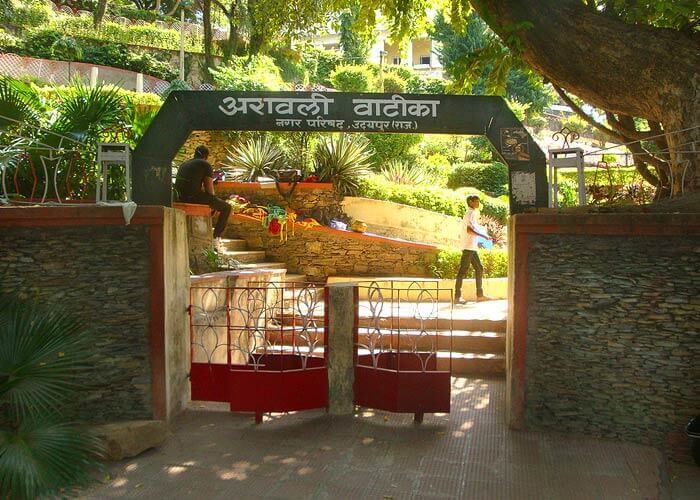
Aravali Vatika
View Details
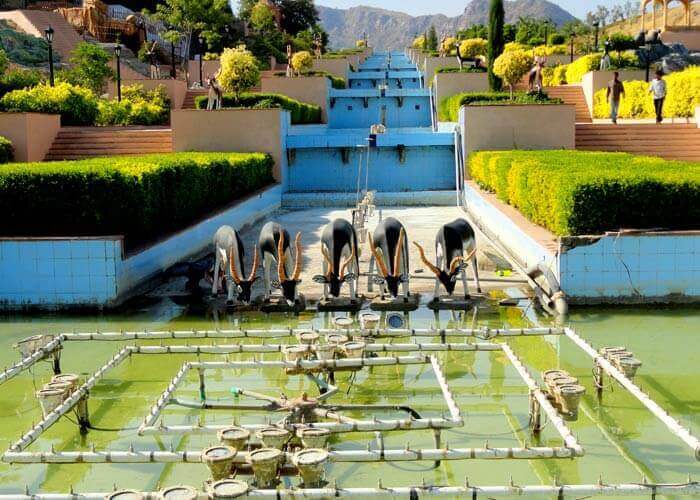
Rajiv Gandhi Park
View Details
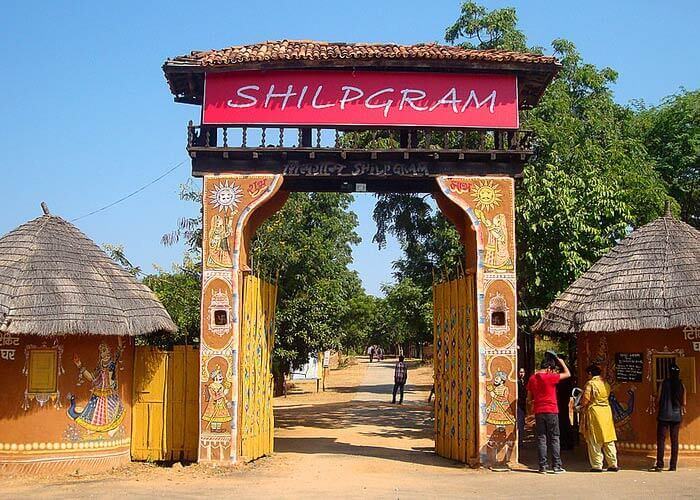
Shilpgram
View Details
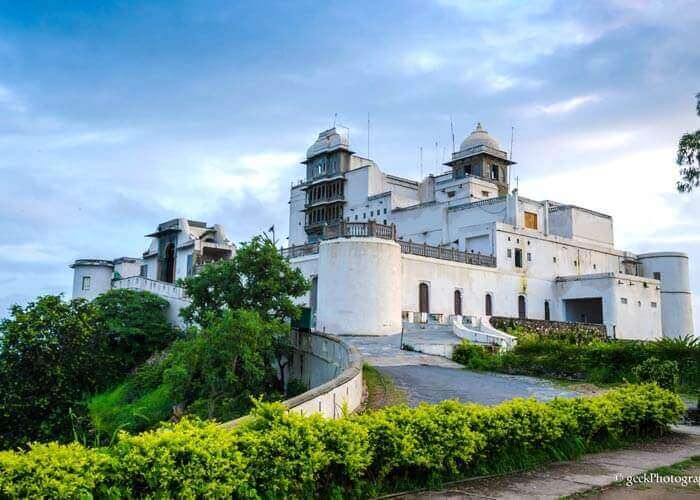
Sajjangarh (Biological Park)
View Details
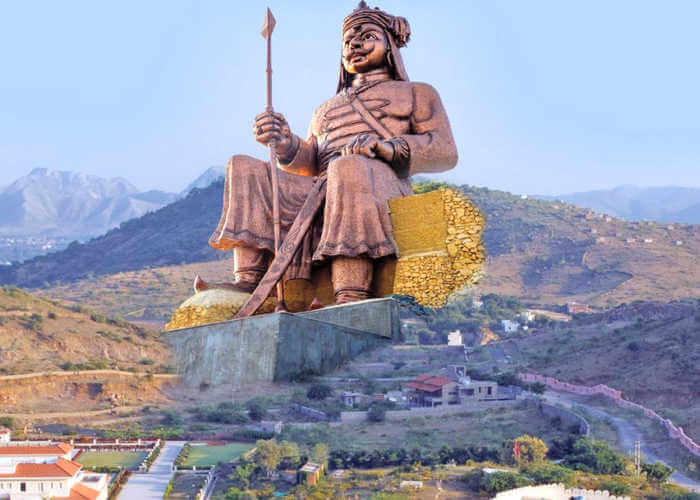
Pratap Gaurav Kendra
View Details
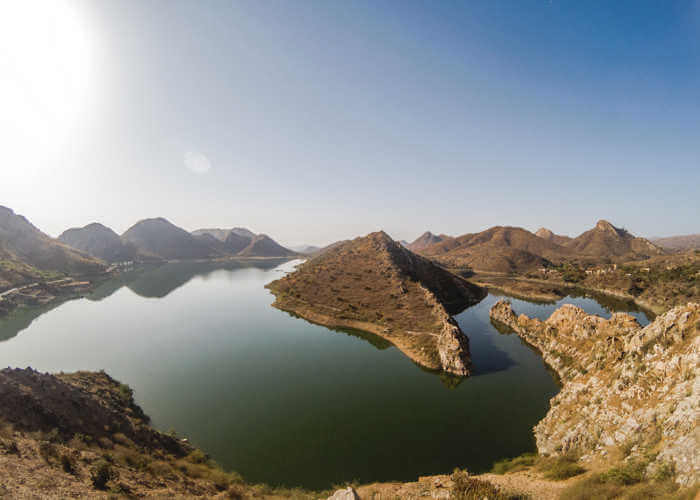
Badi Lake
View Details
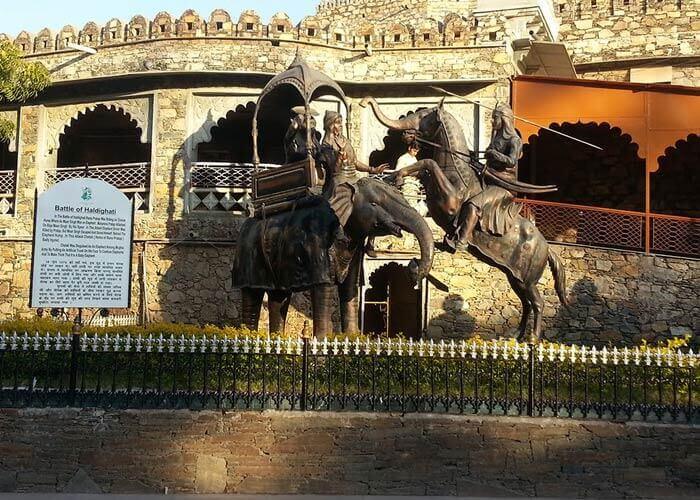
Haldighati
View Details
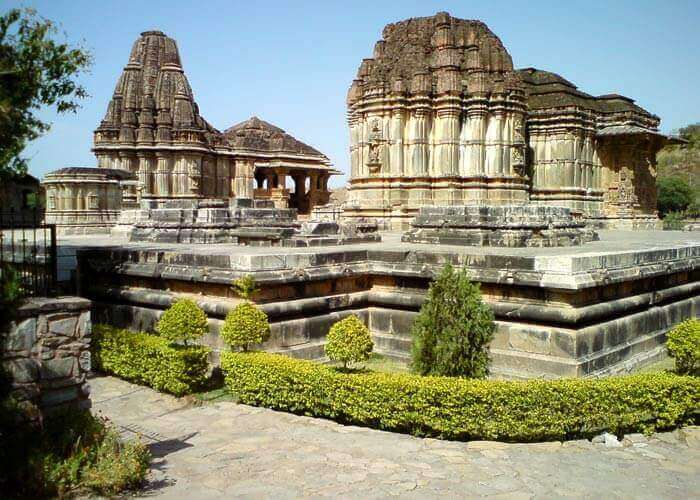
Ekling Ji
View Details
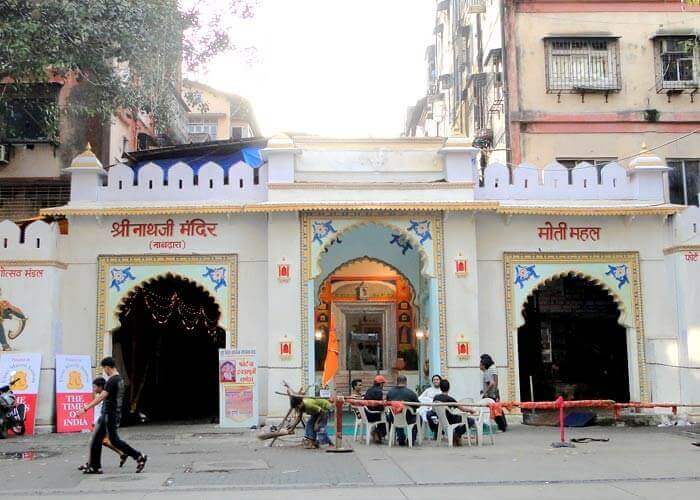
Nathdwara
View Details
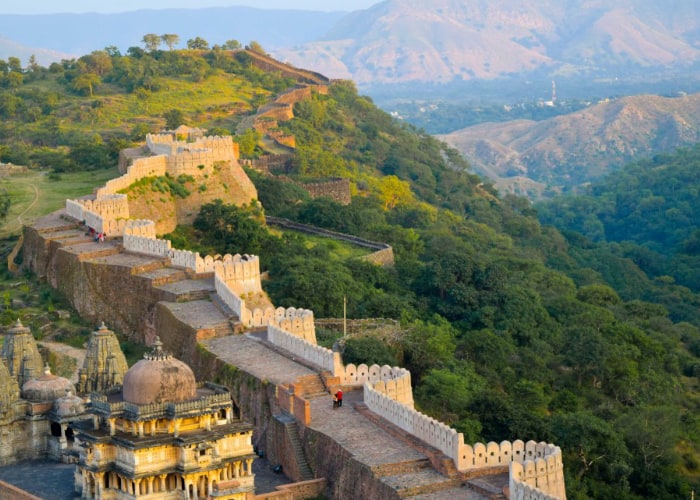
Kumbhalgarh
View Details
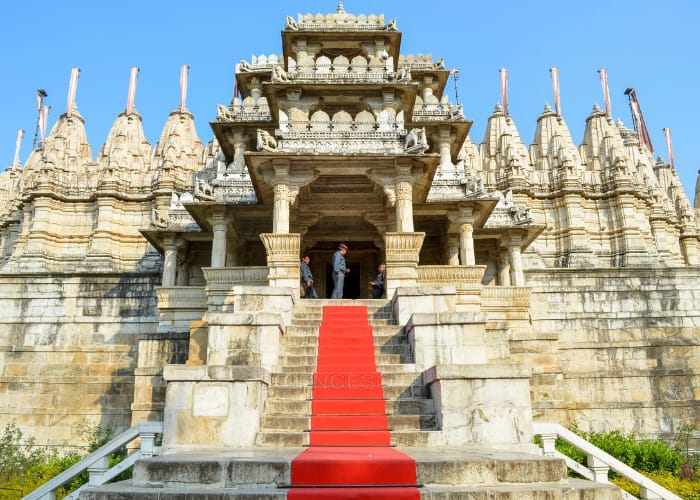
Ranakpur
View Details
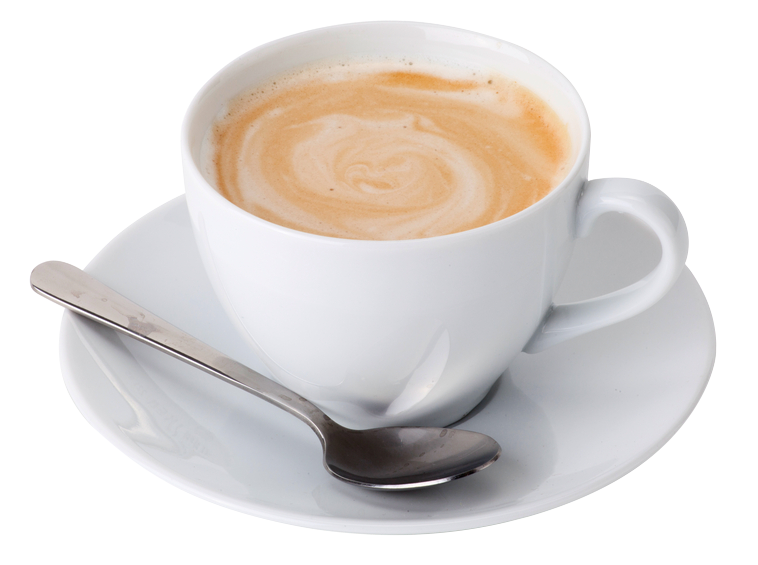
Contact Us
Medi Pe Cafe & Restaurant by Boheda Palace
Kalaji Goraji, near Lake Palace Road
Udaipur,Rajasthan, 313001, India
Mobile: +91-9929998881
E-mail : info@medi-pe.in

